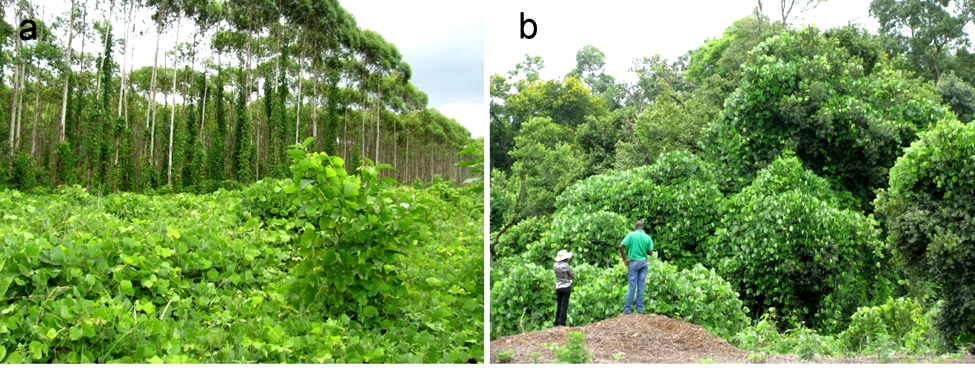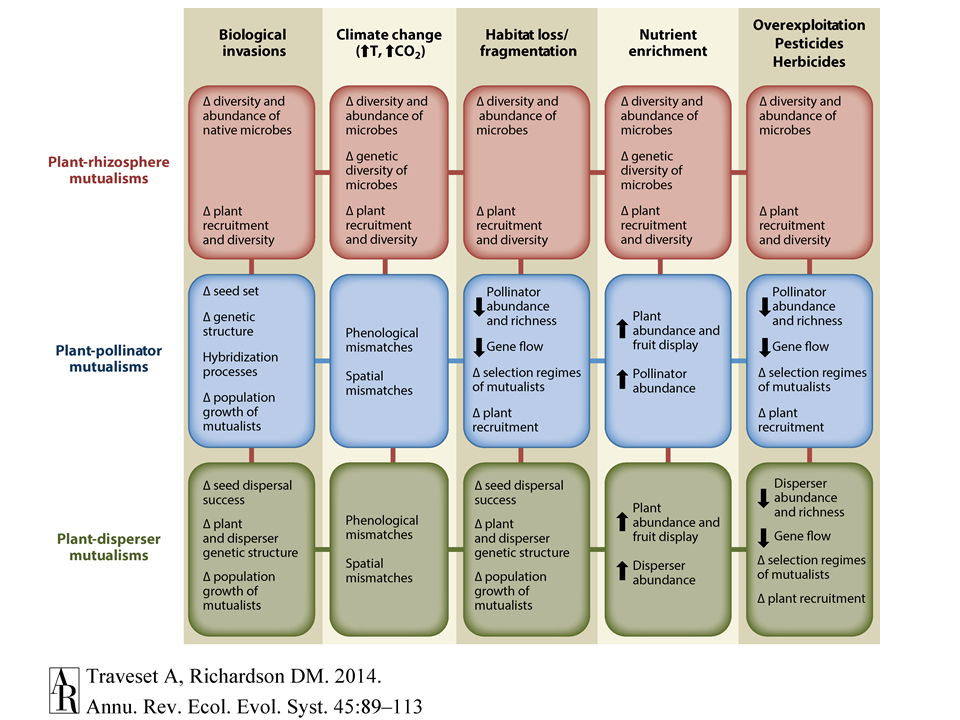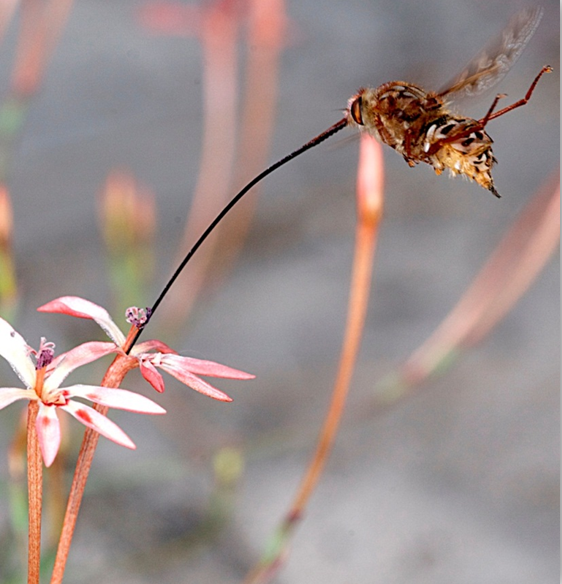Lack of human-assisted spread means Kudzu vine can be eradicated from SA
A recent study by C·I·B Associate, Sjirk Geerts (based at Cape Peninsula University of Technology), together with researchers from the C·I·B, SANBI’s Invasive Species Programme and the University of Cape Town, stressed the importance of human activities in the spread of some of the most notorious plant invaders.



